Update Wednesday, January 29, 12:56 a.m.: As of 12:53 a.m. Beijing time on January 29, 4,633 confirmed cases of the novel coronavirus have been found in China, with 6,972 suspected cases and 106 deaths. 73 individuals have recovered from the virus; two people were released from hospital in Beijing today. According to Caixin, “the number of confirmed infections in Hubei, the central Chinese province around Wuhan, shot up by 1,291 on Monday, according to data (link in Chinese) from its health authority. The number represents an increase of over 90% in just one day, bringing the total to 2,714.” The virus has spread to Germany, with officials in Bavaria confirming one case. According to our security advisors at Global Rescue, the country’s foreign minister indicated that the government is considering a possible evacuation of all German citizens in China who are willing to leave, particularly the city of Wuhan in Hubei Province. The minister likewise advised German citizens to monitor updates from the foreign ministry.
In Beijing, officials on the Beijing Subway network have been rolling out temperature checks across all stations and now require the use of masks by passengers. In one station that we visited today, the security check x-ray machine and metal detector were disabled and passengers underwent a temperature check. The Beijing city government requests citizens who have recently been to Hubei or come in contact with people from Hubei should self-quarantine for two weeks, the Beijing News reported yesterday. Many trains under the jurisdiction of the Beijing Railway Bureau to Tianjin have been suspended until the end of February. 28 bus lines to surrounding Hebei Province from Beijing have suspended. British Airways has allowed people to chance or cancel their flights to China until Feb 23. Air Seoul has announced its decision to suspend its China-bound flights indefinitely beginning on 28 January. Beijing’s municipal government has said that crowded places such as shopping malls and supermarkets can refuse entry to those without masks and those who refuse to accept possible temperature checks. Hong Kong has significantly curtailed flights to the mainland by 50 percent and suspended high-speed and other train services. The special administrative region will partially close its border with China starting January 31. Six border checkpoints will be closed: Hung Hom, West Kowloon, Sha Tau Kok, Man Kam To, the China Ferry Terminal, and the Tuen Mun Ferry Terminal. The three largest border crossings—Lo Wu, Lok Ma Chau, Hong Kong International Airport (HKG)—will remain open.
Today, group went to two Beijing train stations to return tickets. The roads had very few cars; taxis can speed on Beijing’s ring roads. This could also be as a result of Chinese New Year, when many people leave the capital and return to their hometowns. Upon arrival, our temperatures were checked before entering the station. Once one of China’s largest high-speed rail hubs, the station had very few people boarding trains. On Subway Lines 4 and 6, security guards in hazmat suits took our temperatures as each carriage had 10 or so people. People seemed to purposely spread themselves out from each other. One large development in today’s news was that the Beijing Municipal Education Commission announced that the reopening of school campuses from nursery to university will be determined by the municipality. This means that the current closure will likely continue beyond February 17.
The World Health Organization revised its global risk assessment for the coronavirus from moderate to high in a report on Monday as President Xi Jinping urged the WHO to assess the epidemic in an “objective, fair, calm and rational manner,” according to the New York Times. Zhong Nanshan, one of China’s top experts on the virus, said that “It is difficult to estimate when the epidemic will peak. But it should peak in a week or ten days or so, not in large scale.”
At our host university at Capital Normal University, guards monitor when we leave the campus and we must register each time we leave. We were told to give our name, phone number, where we were staying on campus, how long we would be out and when we would be back. At a nearby restaurant, residents queued up for an apparent delivery of fresh vegetables. One floor of our university cafeteria is operational. At the airport, travelers are ordered to fill out a health declaration for all arrivals and departures. This can also be done with a WeChat mini program. Travelers should be aware of long lines at Beijing Capital International Airport and arrive at the airport with plenty of time to spare. Due to local quarantine laws across the country, we do not advise our students to leave Beijing at this time. In Sichuan Province, “All kinds of group gathering activities will be suspended. Business units with risk of cross infection, such as song and dance entertainment, games and entertainment, Internet Internet service places, business mahjong places and large-scale children’s amusement facilities, gymnasiums, indoor swimming pools (gymnasiums) are closed.” This is according to the Beijing News.
Among our student group, two students from Trinity University in Texas were instructed by their home institutions to leave China immediately; they left to the U.S. at 4:30 p.m. Beijing time on January 28. Kalamazoo College has done the same as well; their students departure plans will be confirmed shortly. Associated Colleges in China, Hamilton College’s Beijing study abroad program at Minzu University is cancelled for the spring. “ACC Beijing has determined that escalating uncertainty in China pertaining to the Coronavirus is cause for us to cancel the program effective Wednesday, January 29. The dormitories will remain open until all students have departed and the facilities at Minzu are available to students who need additional time to make travel arrangements,” their statement read.
Students gathered tonight and talked with CET Beijing’s Resident Director to discuss possible program options and activities in the meantime. Tomorrow we will have various activities at the CET office for students to get out if they would like to. We will also come up with a list of nearby restaurants that are open — many are closed for the New Year holiday. Middlebury and possibly CET could send out new updates overnight and we will send out an update when these arrive. The safety, security and health of all students is of utmost priority.
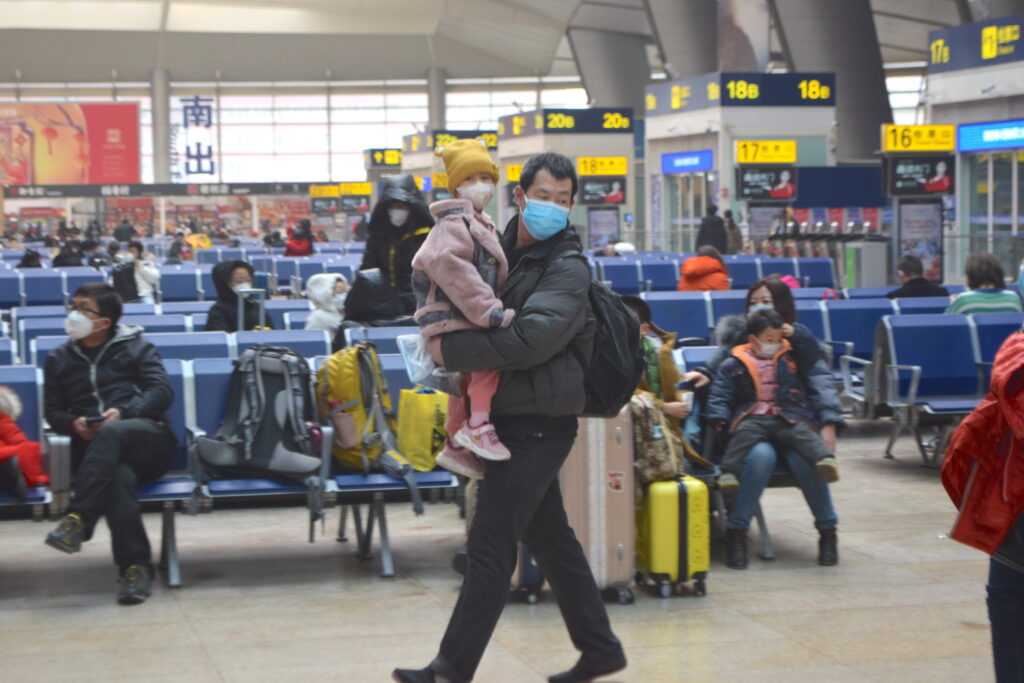
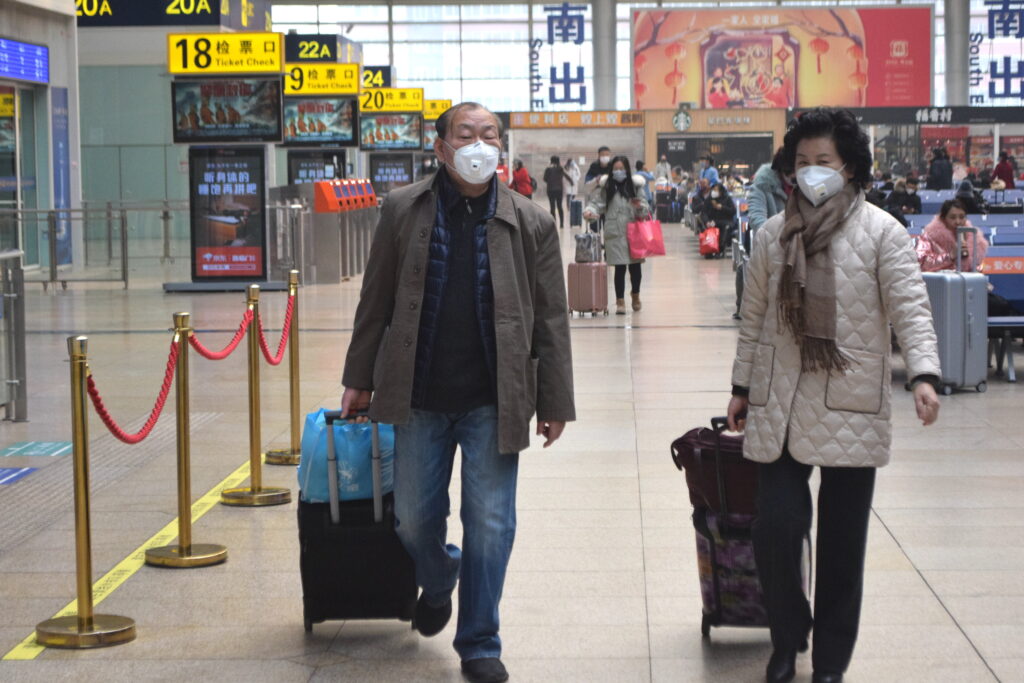
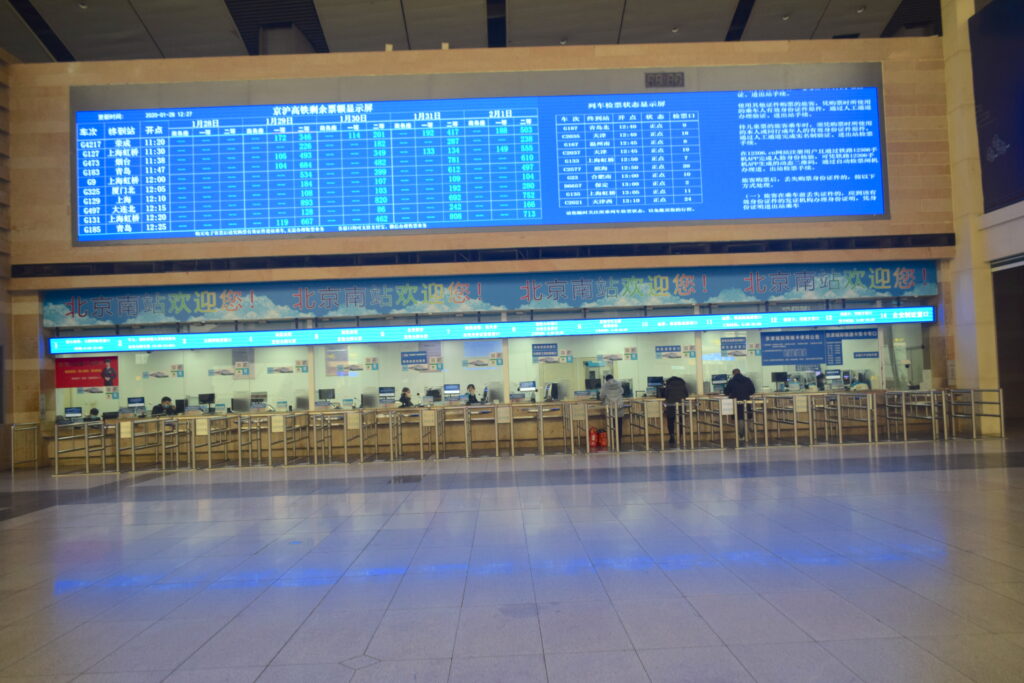
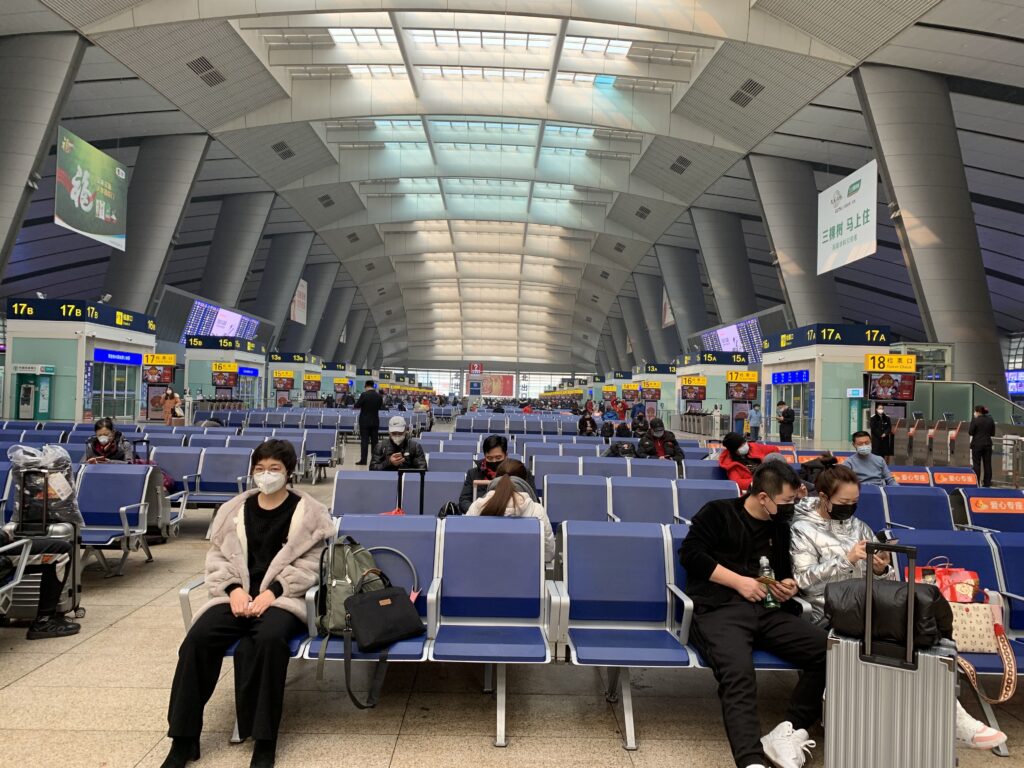
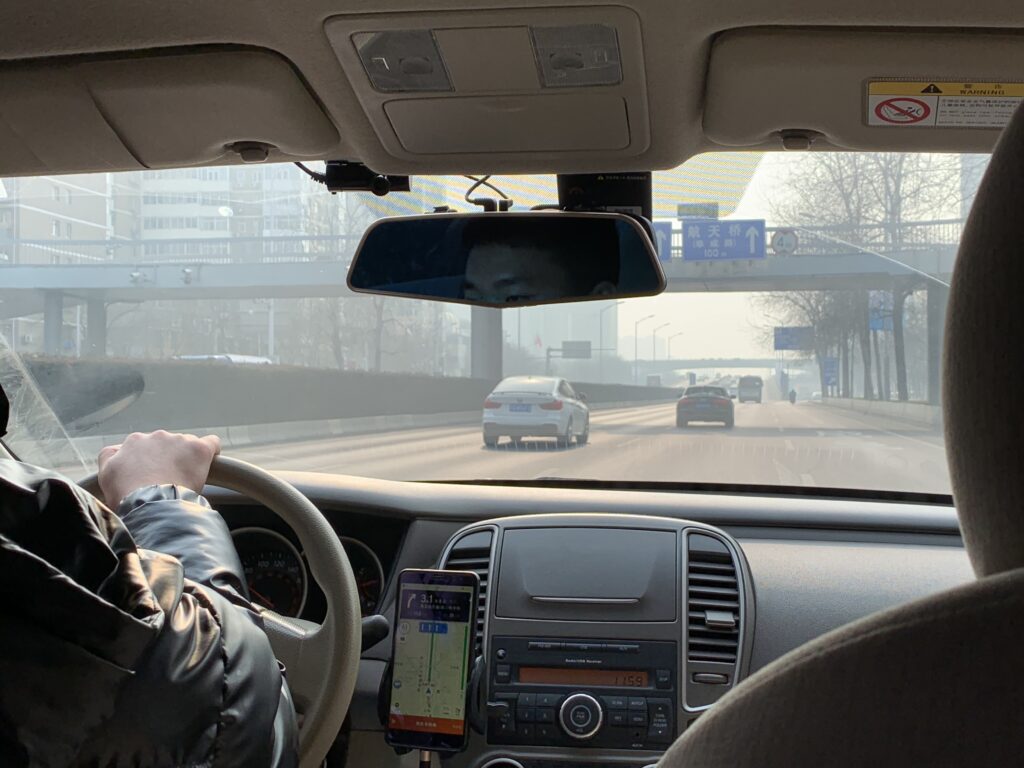
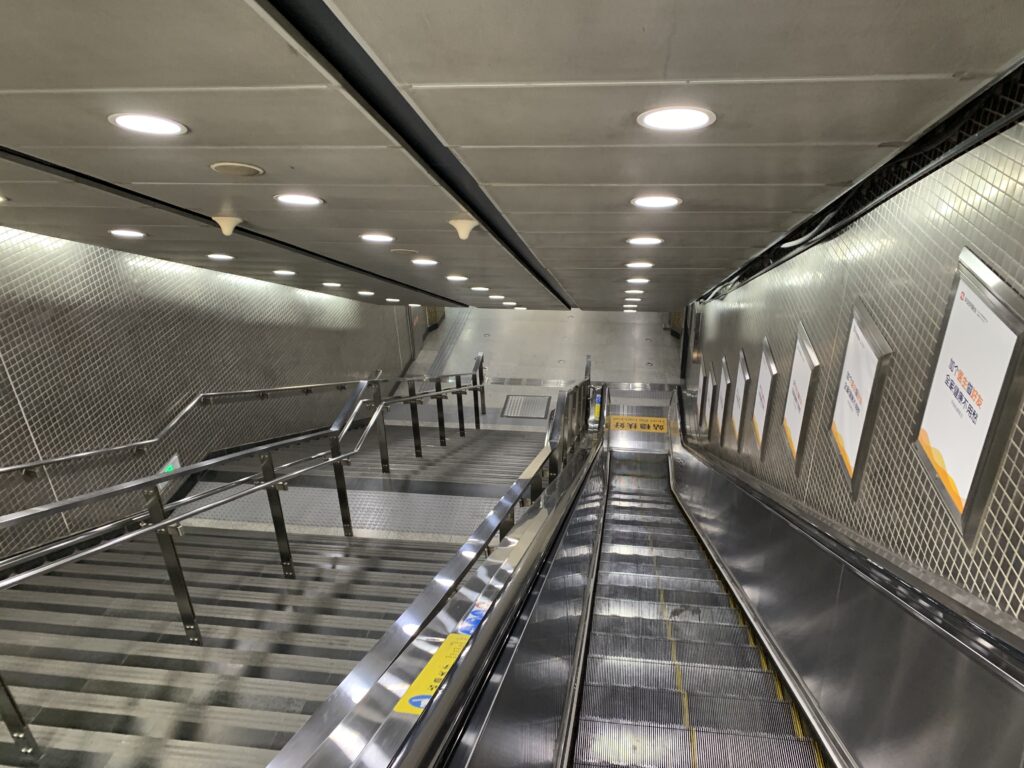
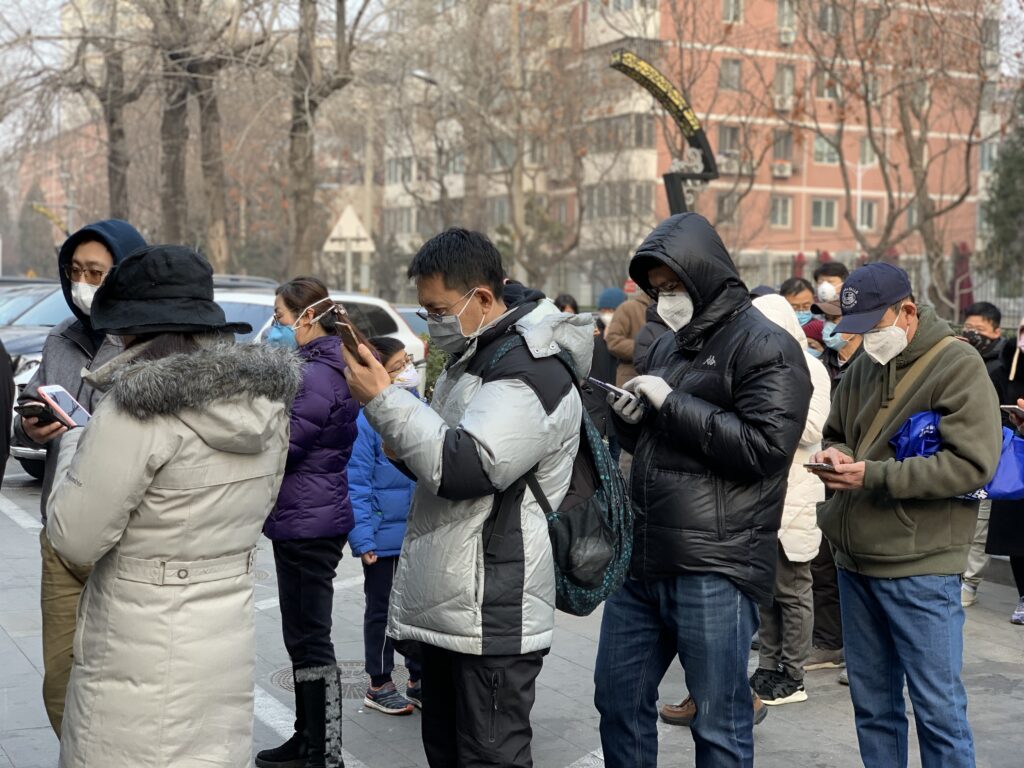

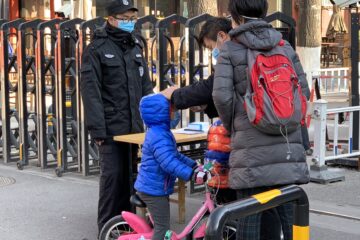
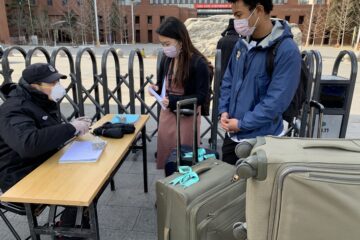
2 Comments
stuart sugarman · January 28, 2020 at 12:24 pm
good job Benjy. Tough stuff, but thanks for the good reporting [and taking care of Adrienne!]. – S
Wuhan Coronavirus: Updates - Off the Silk Road · January 28, 2020 at 1:20 pm
[…] Tuesday, January 28, Evening […]
Comments are closed.